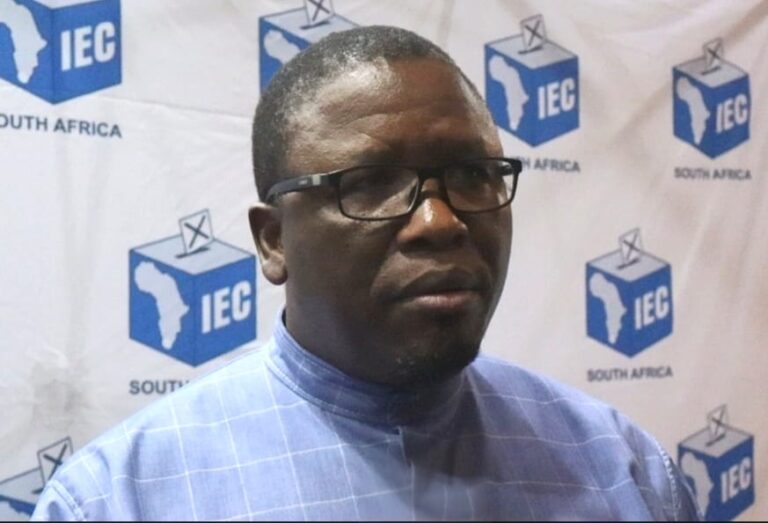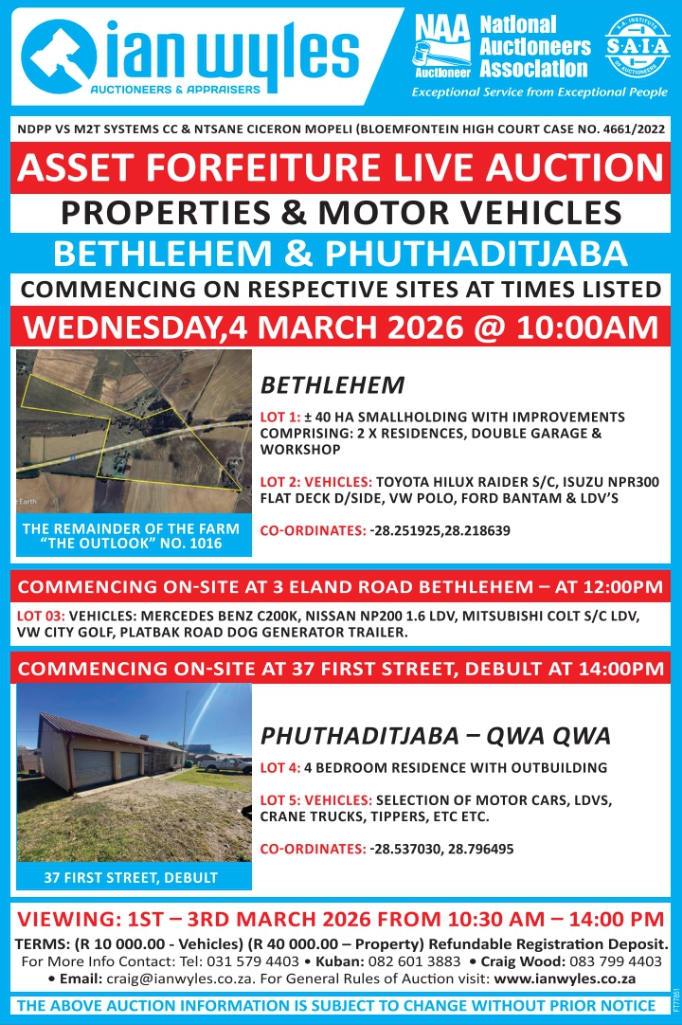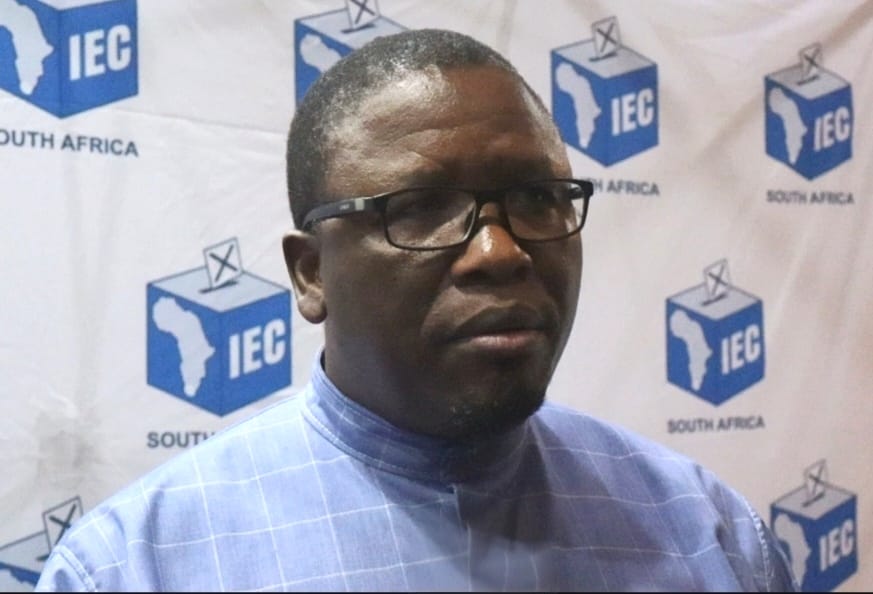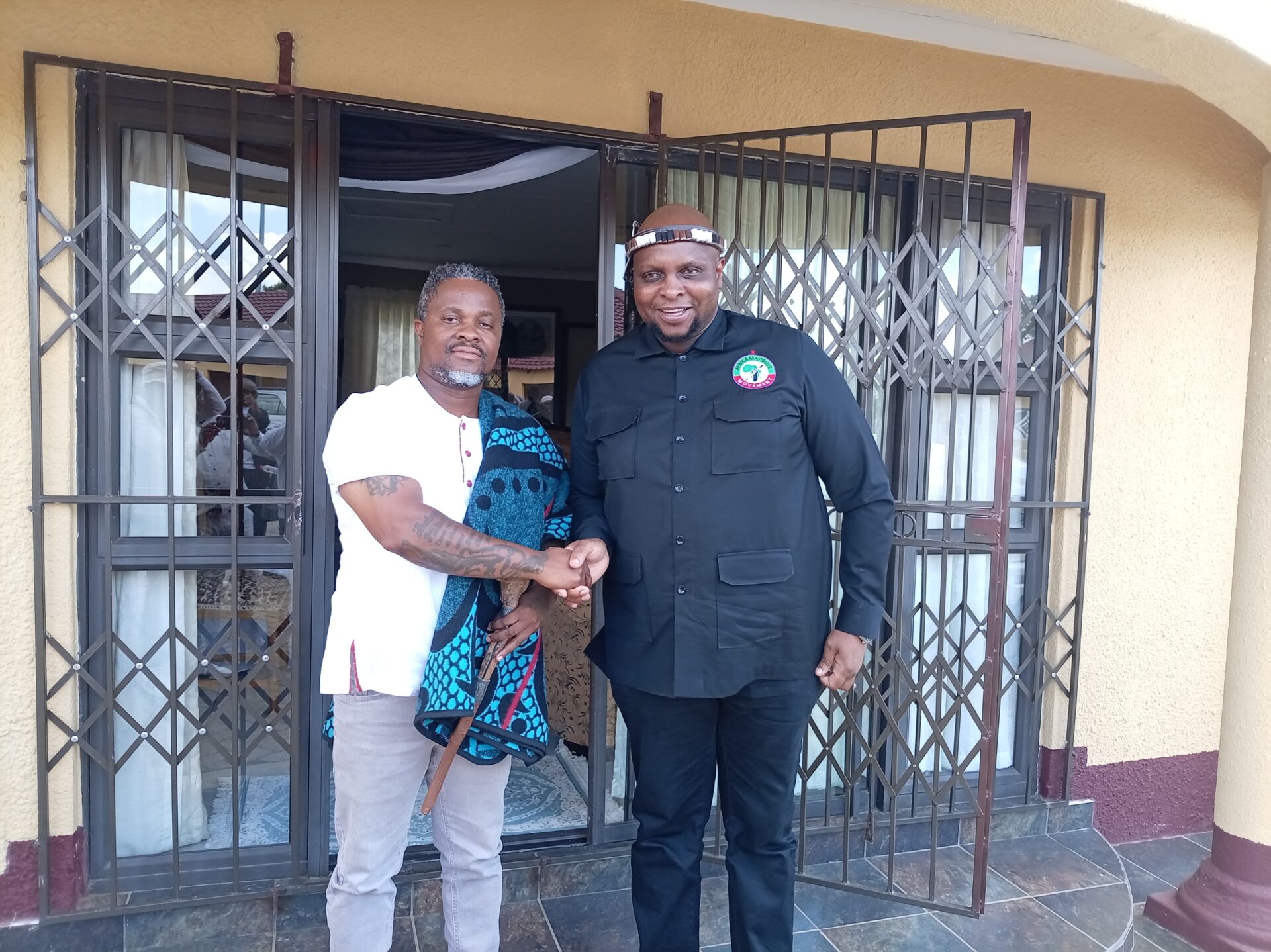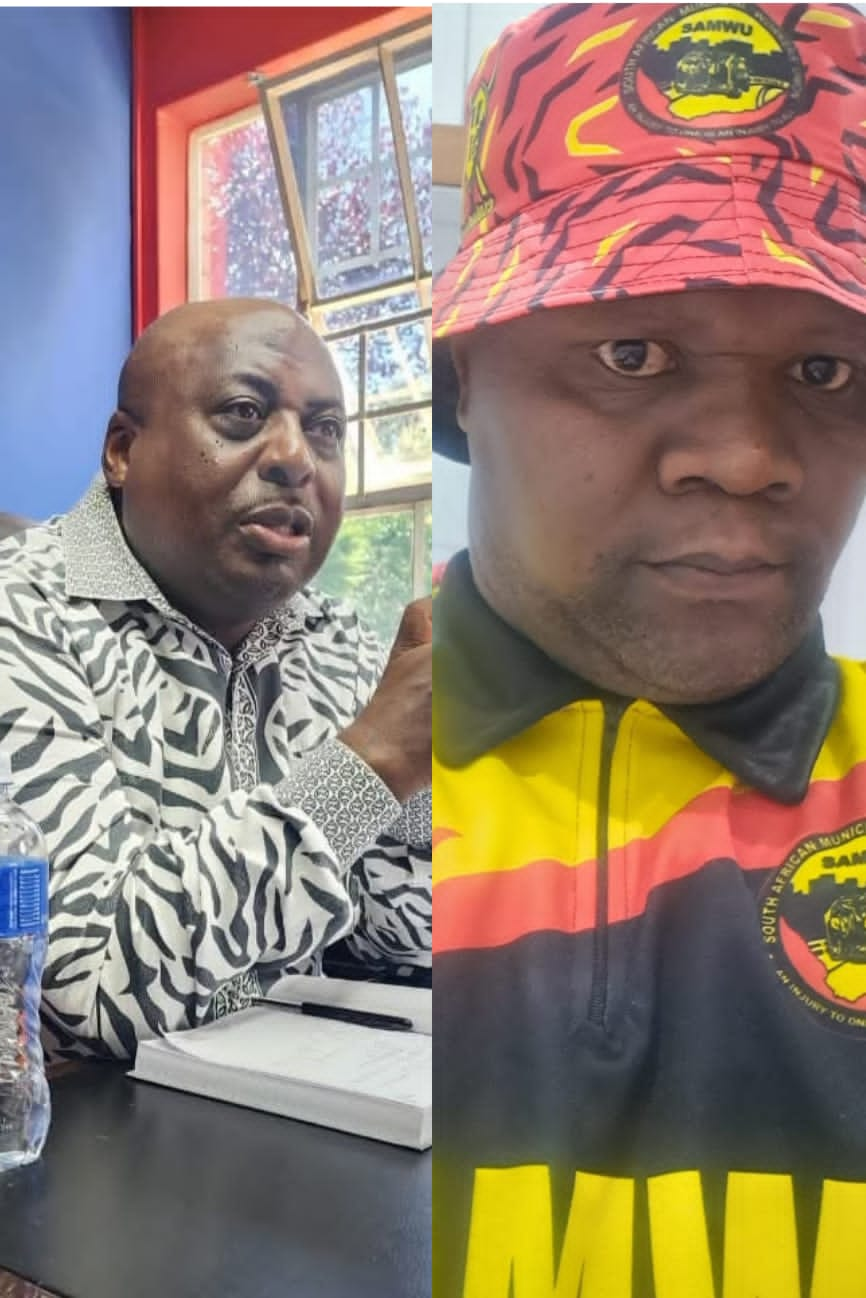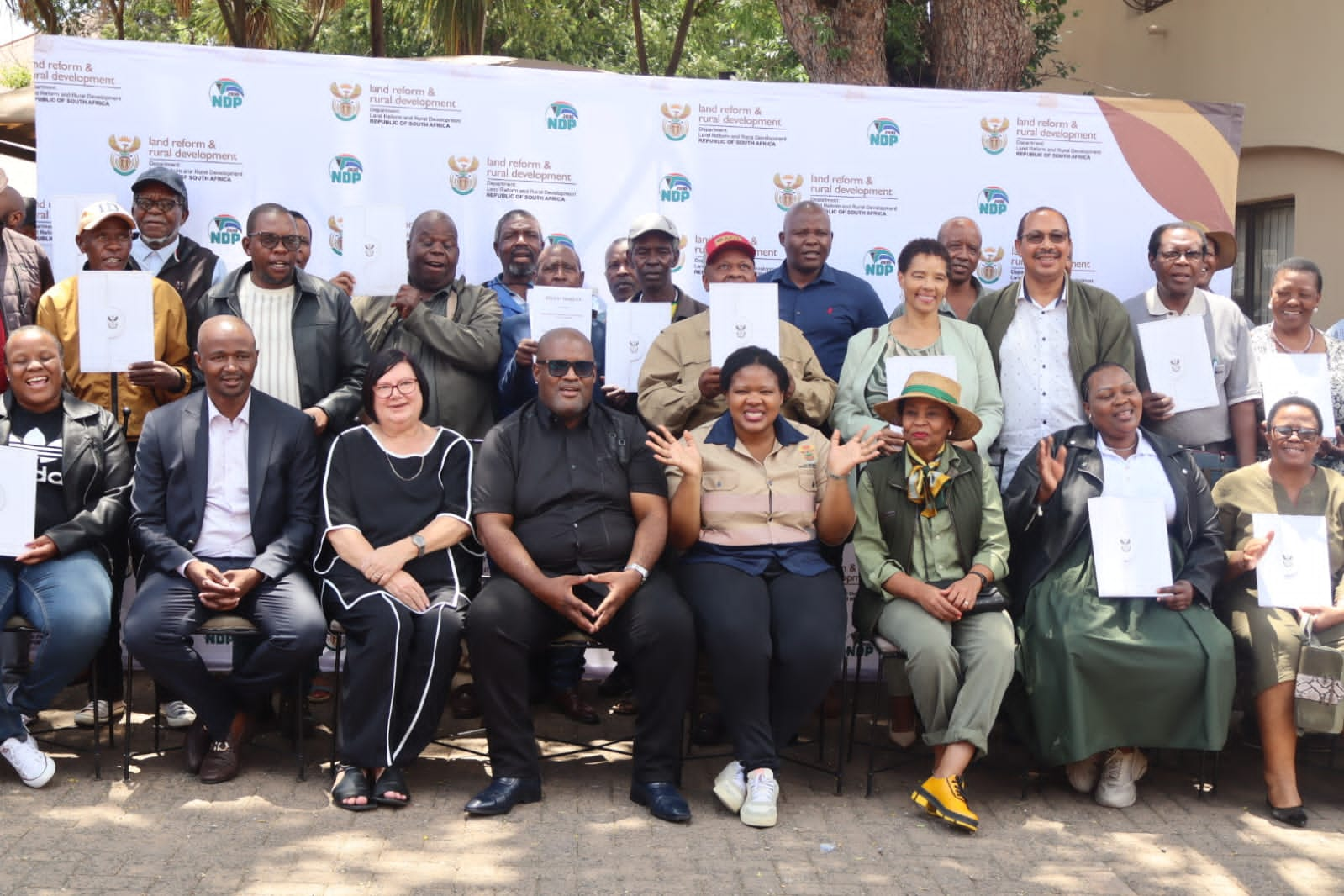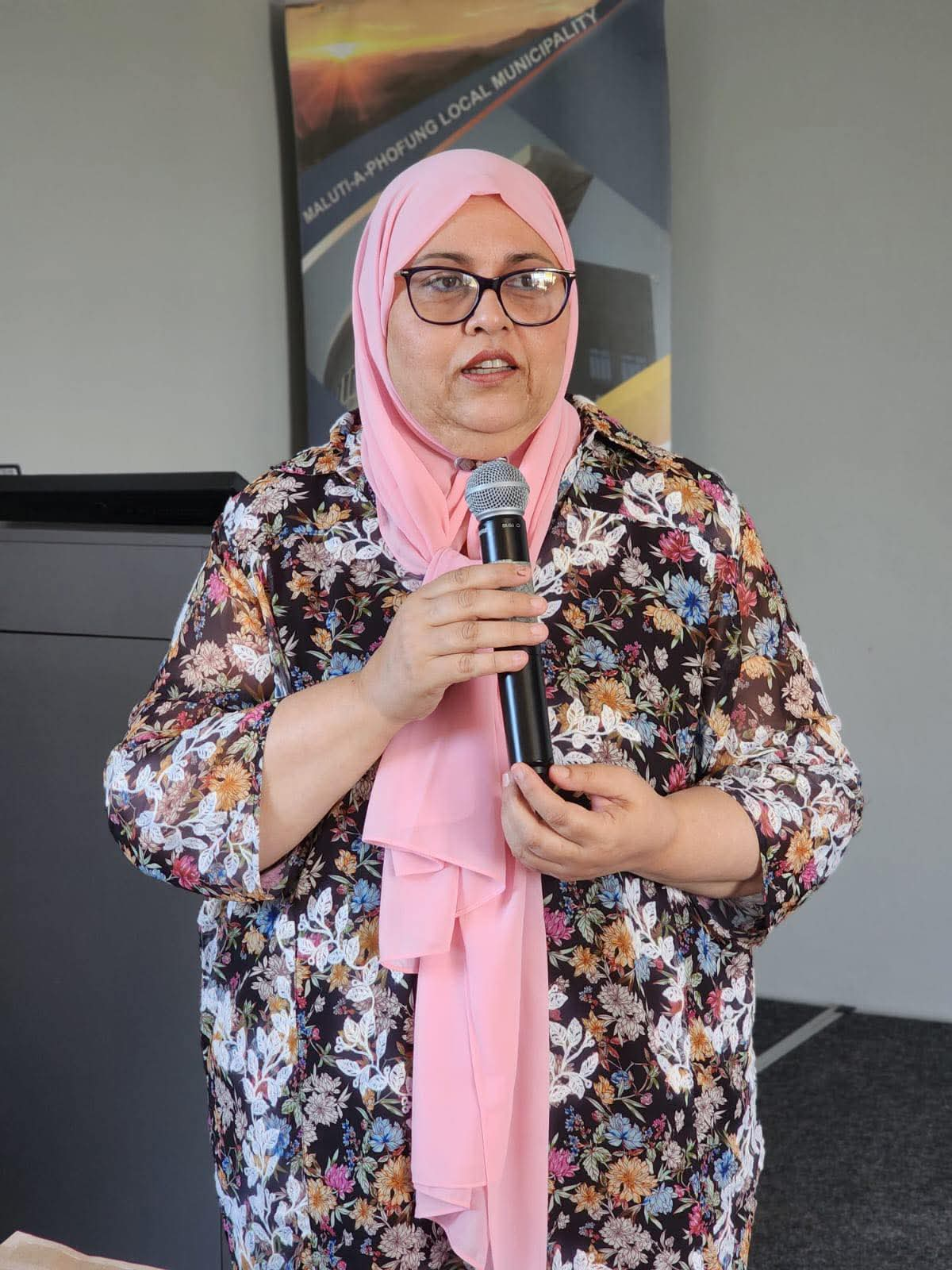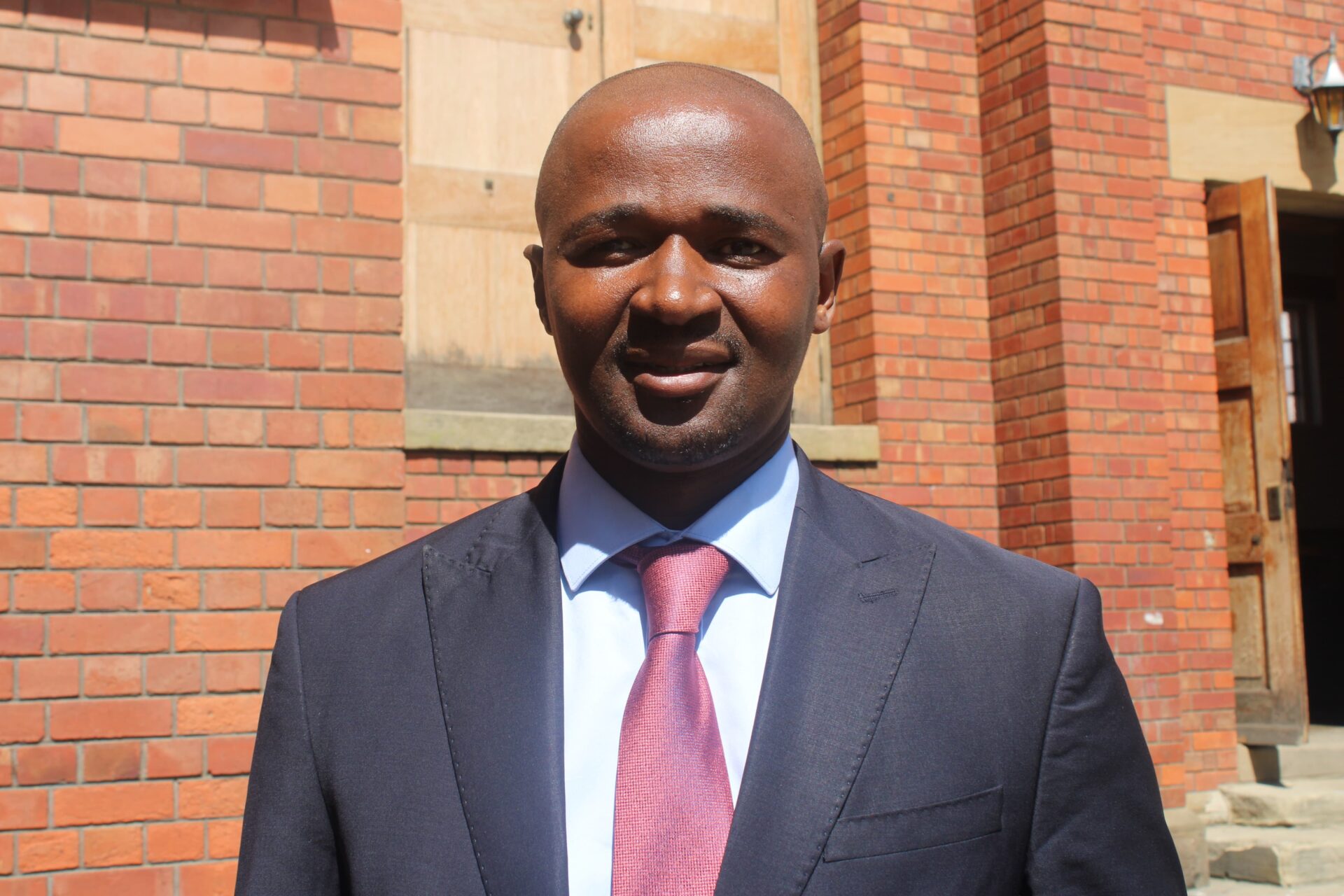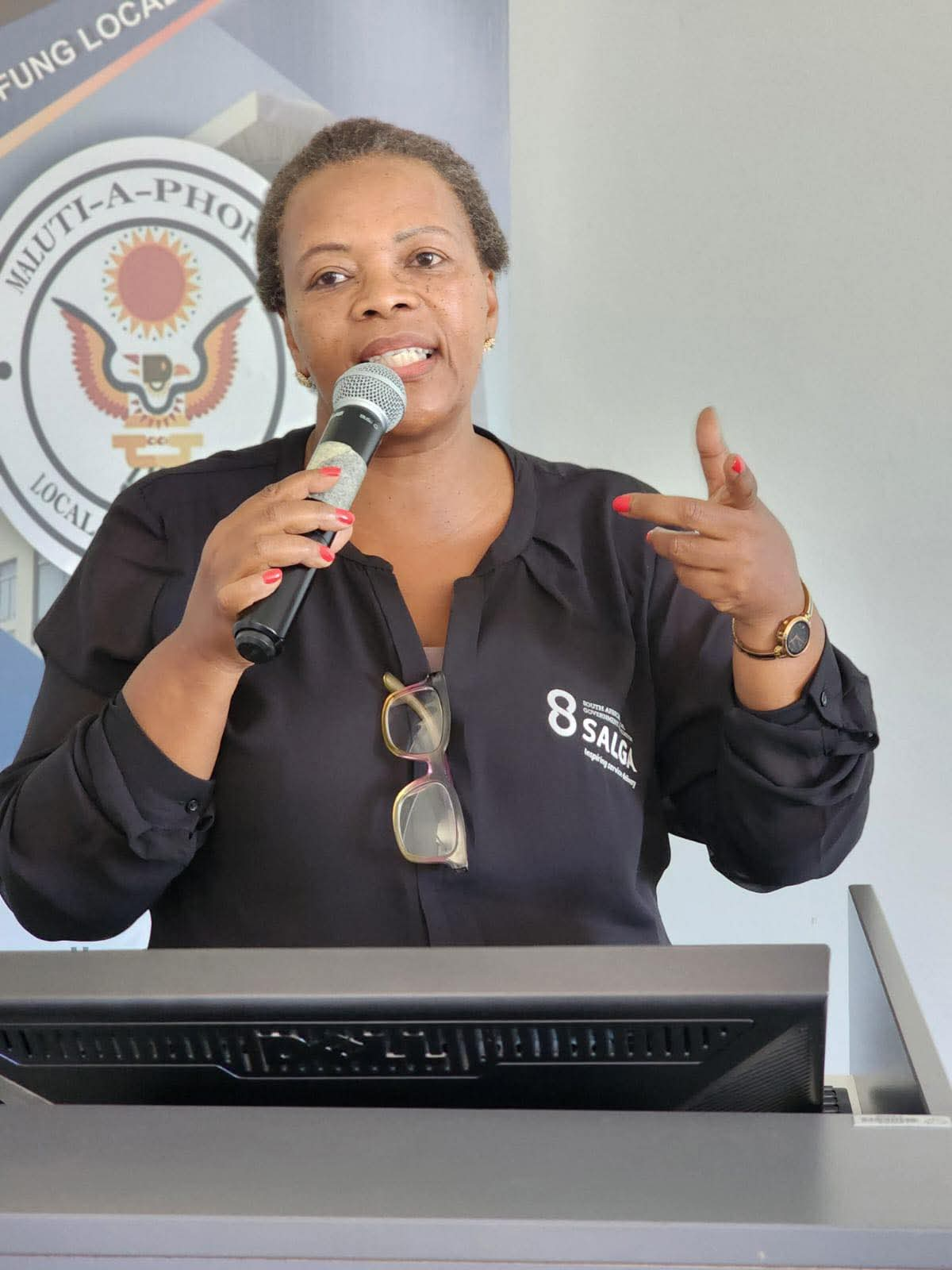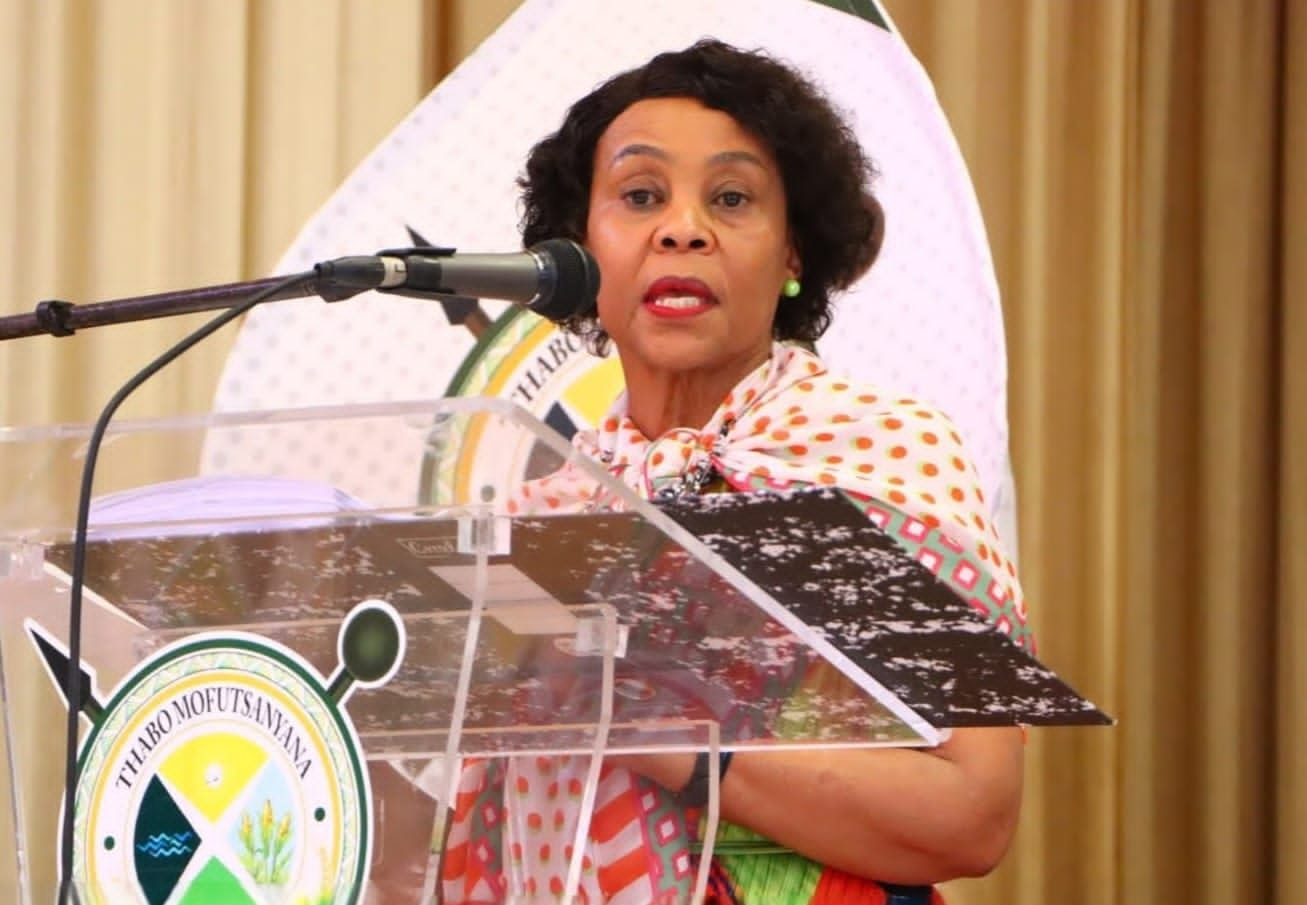By Teboho Moloi
HARRISMITH – The battle over municipal boundaries in the eastern Free State has intensified, with residents of greater Harrismith and Kestell taking the Municipal Demarcation Board (MDB) to court following its July 30, 2025 decision rejecting their bid to break away from the Maluti-a-Phofung (MAP) Local Municipality.
The Greater Harrismith area — covering Wards 1, 3, 4, 5, 6 and 22 — is seeking to establish its own municipality, arguing that MAP’s prolonged collapse has left their towns in crisis.
For more than two decades, residents have complained of widespread neglect since MAP’s establishment in 2000. They say deteriorating infrastructure, failing basic services and a mass exodus of investors have turned once-thriving towns into shells of their former selves.
Tshiame A resident Tautona Moloi blamed years of poor leadership for the decline.
“Harrismith is becoming a ghost town. Many factories have closed, leaving thousands unemployed. The few that remain don’t even hire local residents — people from outside benefit instead,”she said.
Moloi said the community now expects to endure yet another festive season marked by prolonged electricity outages.
“Every year it’s the same story. A substation burns, and the municipality does nothing for months. We mean nothing to them,” he said.
Residents cite chronic failures in bulk water supply, electricity, sewerage systems and road networks as key barriers to investment, economic growth and job creation.
The ongoing frustrations led to the formation of the New Greater Harrismith Association (NGHA), which elected its first leadership committee on 22 October 2022. The organisation has since resolved to legally challenge the MDB’s decision, arguing that its ruling — contained in Circular 3 of 2025 — was irrational and procedurally unfair.
NGHA chairperson Leona Kleynhans said the community is determined to establish a functional, financially sustainable local government.
“We want a municipality that can meet its constitutional obligations, grow the economy and create jobs. The MDB ignored its own research and acted contrary to sections 24–26 of the Demarcation Act,” she said.
Kleynhans said MAP is “one of the ten most distressed municipalities in South Africa and wholly unable to deliver on its obligations,” making continued inclusion in its jurisdiction untenable.
The association Is funding the legal process through donations from residents, businesses, industry stakeholders, civil society and some political parties in the area.
In Kestell, resident Patrick Mofokeng said years of underdevelopment have left the town stagnant.
“I’m no longer surprised when people leave and never come back. Kestell has been forgotten. We even rely on nearby towns for jobs and shopping,” he said.
In Intabazwe, residents Mandla Tshabalala and Thandi Dlamini blamed municipal collapse for the closure of the local police station, which they say has fuelled rising crime and left the community vulnerable.
Despite repeated attempts, MAP had not responded to questions at the time of publication.
NGHA Committee Members:
Chairperson – Leona Kleynhans
Deputy Chairperson – Sabelo Sigudu
Secretary – Marlene Botha
Treasurer – Christo Engelbrecht
Additional Members – Charl Kalamer, Emile de Beer, Richard Khumalo.
On the other hand MAP municipality spokersperson Thabo Kessah dismissed allegations that the municipality has failed it’s obligation to deliver service delivery to residents. Kessah admitted that MAP has challenges like any other municipality.







